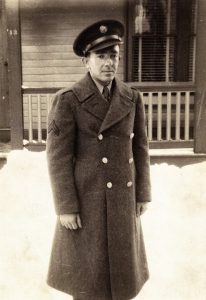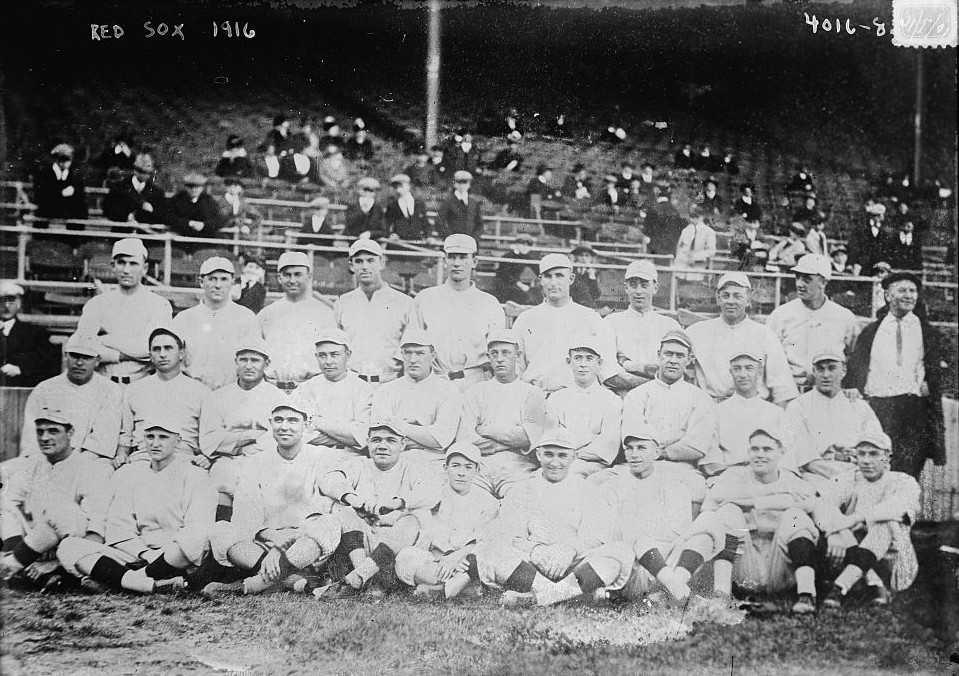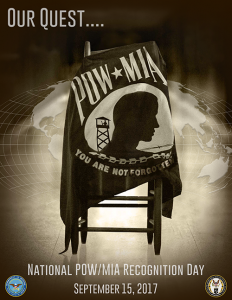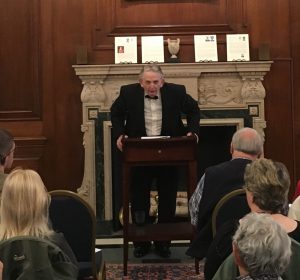
When the time comes for me to plunge into my Boston Irish Catholic ancestry – my Tierneys, Quinlans, Sweeneys, and Kellards – I intend to make full use of the Catholic parish records that are currently being digitized by the historic collaboration between NEHGS and the Archdiocese of Boston. Until that time, I am comforted in knowing that these precious records are safely ensconced online, for all eternity, ready at the click of the mouse.
Which doesn’t mean that I haven’t already been dabbling in a few things Catholic. Indeed, my current project took me to Braintree, Massachusetts, to the Archives of the Archdiocese of Boston (www.bostoncatholic.org/Archives) in search of answers about my Protestant grandfather, John Osborne, he of stern Puritan stock, who, we were always told, had been orphaned at a young age. Continue reading Divine intervention?








